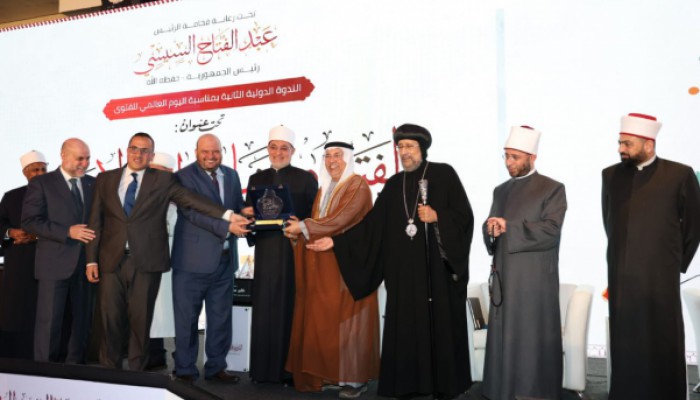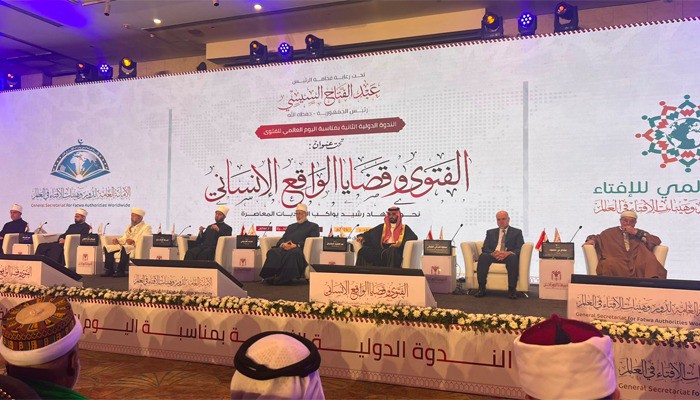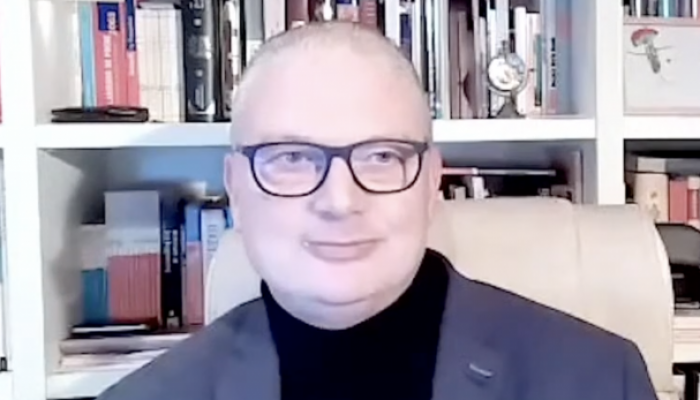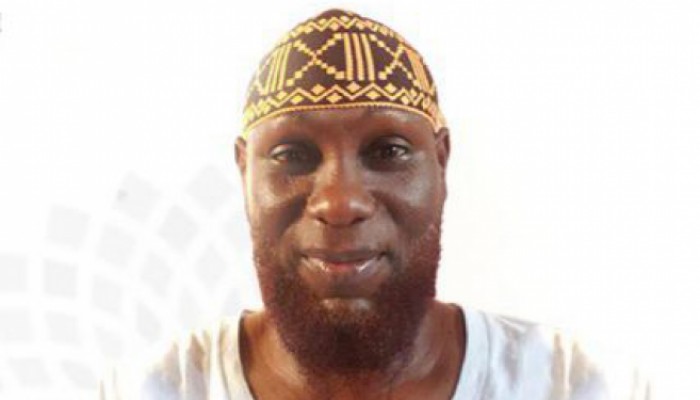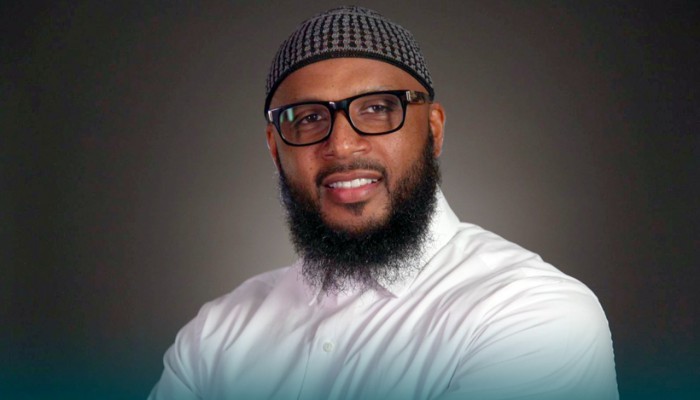
Sheikh Taymullah Abdur-Rahman: I Converted to Islam in 1999*
- 2022-Apr-21
Among the daily Ramadan episodes, The World Muslim Communities Council organized, on Wednesday, April 20, 2022, a virtual episode in the series "Achievers and Contributors", during which Imam Taymullah Abdur-Rahman, Muslim chaplain at Harvard University, USA, spoke via the Council's social media pages.
Sheikh Taymullah said that he is happy to be part of the Muslim community, as he was not a religious person before converting to Islam. He said that his friend converted to Islam in prison and motivated him to do the same, so he did so in 1999.
Abdur-Rahman said that after converting to Islam, he traveled to Saudi Arabia, studied the teachings of the Islam, and then returned to work inside the prisons, where his friend was imprisoned. He added that he decided to help the prisoners, and spent seven years teaching them about Islam, then left prison and worked as an imam in a university, and began studying and delving into the history of religions.
The Muslim chaplain at Harvard University explained at Harvard University explained that he became an expert in the Holocaust, and began attending lessons in churches, and was then the only imam in the world to do so, and then used all those tools he acquired to build an identity based on inclusion.
Abdur-Rahman confirmed that he returned to work as an imam in prison in 2018, and taught many prisoners to apply the rules of Islam, and how to regulate the relationship with Allah Almighty. He also focused on helping prisoners develop their lives, especially since some of them were sentenced to life imprisonment, in addition to launching social justice initiatives.
It is noteworthy that The World Muslim Communities Council is an international non-governmental organization, headquartered in the UAE capital Abu Dhabi. It is considered a think tank to rationalize organizations and societies working in Muslim societies, renew their thinking and improve their performance in order to achieve one goal; The integration of Muslim societies in their countries, in a way that their members realize the perfection of citizenship and complete affiliation with the Islamic religion. The council seeks, through holding dozens of virtual conferences, seminars and activities, to localize the concepts of religious, ethnic and cultural pluralism, in a manner that preserves human dignity and respect for his beliefs, and establishes the values of moderation, dialogue, tolerance and belonging to the homelands.




